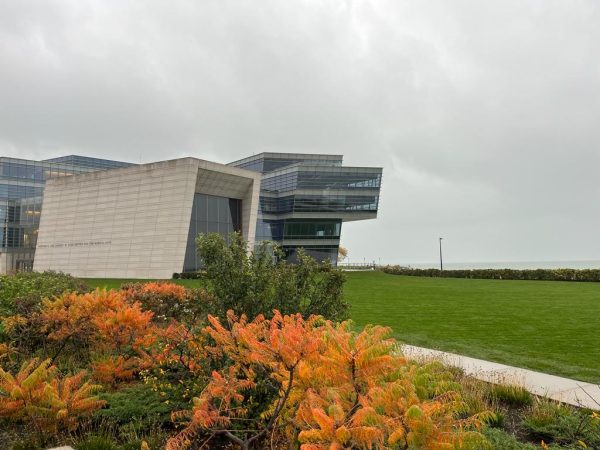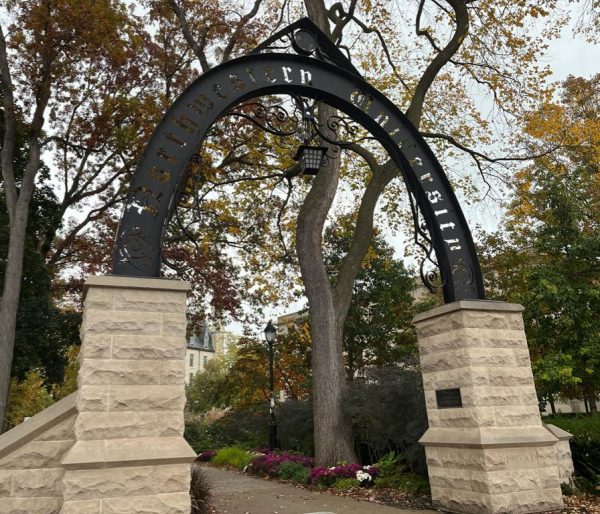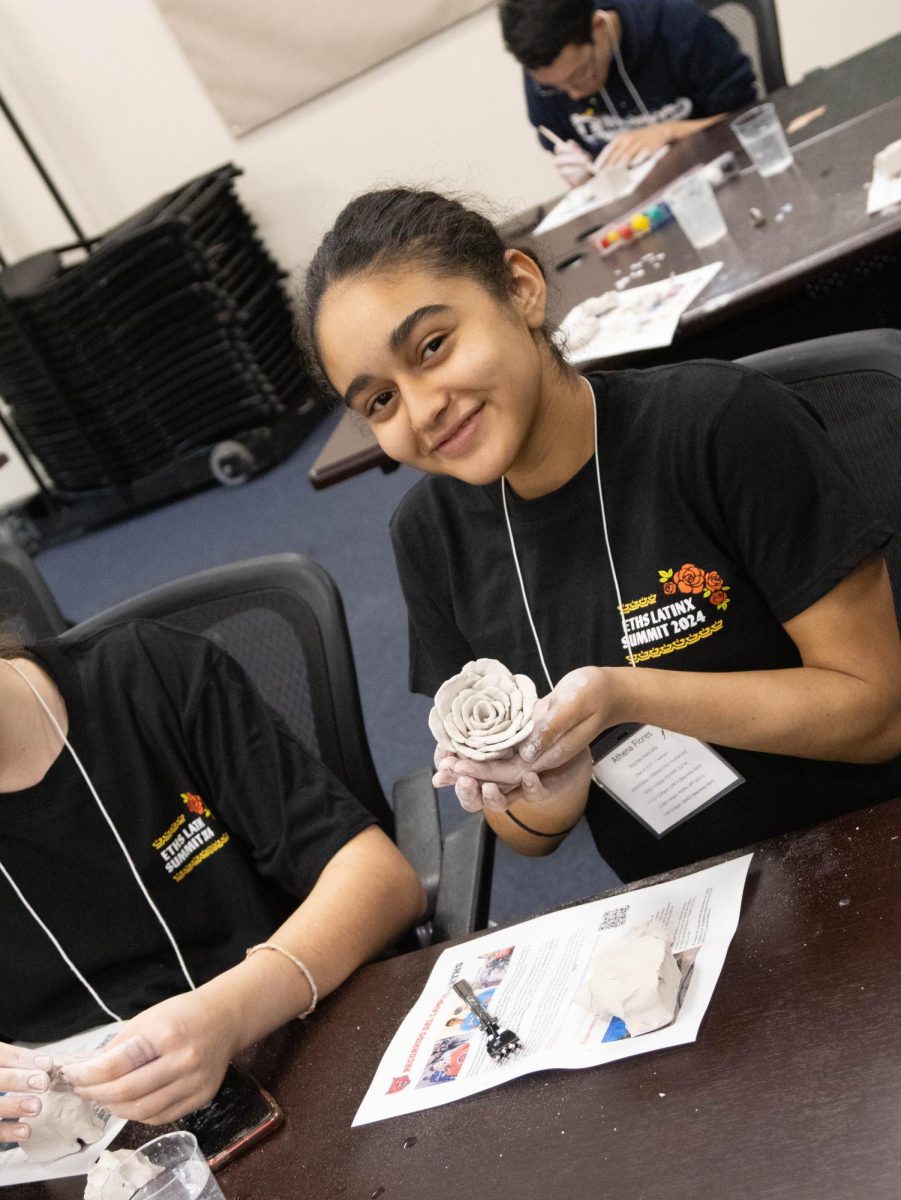Northwestern University, known for its proficiency in many different fields of science, has recently received a $50 million grant from the National Science Foundation to open a new institute with the purpose of studying biology using math. This establishment, the National Institute for Theory and Mathematics in Biology (NITMB), will be the first of its kind in the United States. A new facility will be dedicated entirely to the institute, and will be located in Streeterville, a neighborhood of Chicago.

While mathematics and life sciences are not often correlated with one another, Dr. Rosemary Braun, associate director for education and outreach and theme leader for information processing at NITMB, recognizes the importance of using one to understand the other.
“There’s not a lot of math that shows up in the biology curriculum or even biology research. We’re trying to change that. Math was absolutely revolutionary for making progress in physics, and we think it has the same potential to really revolutionize biology research, especially today for collecting tons and tons of data,” said Braun.
The collection of data is one of the central aspects of any type of science, including biology. However, current methods don’t always allow for optimal data collection in the biological world, and that’s where math comes into play.
“One thing that we would like to understand is how to describe the behavior of microbial communities. We’d like to figure out how to make a sustainable community, and to do that we have to understand how different species in the community interact with one another, how they use resources, how they generate waste and how they respond to one another and their environment. And the problem is that we just don’t have equations that describe that, and so we don’t really know how to design new communities,” said Rebecca Willet, a deputy director and theme leader for fitness and optimization at NITMB. “They’re just trillions of possible combinations so we can’t just try them all out and see what works. And so, part of what we’re doing is we’re trying to figure out how to use mathematics to design a series of experiments that are going to help us figure out what those governing equations are, and once we know that, help us to design optimal communities to help us serve some particular purpose.”

Northwestern is not the only contributor to the new institute, the University of Chicago is another partner at the NITMB.
“The team really is 50 percent University of Chicago and 50 percent Northwestern, and then at both universities we have a combination of people coming from the math side and from the biology side,” said Willett.
Willet stressed the importance of collaboration, especially in a field that is increasingly complex.
“It’s pretty exciting because we have these little pockets of expertise, and by working together in this institute we’re going to forge some new collaborations,” said Willet. “I think there’s problems that neither team could really tackle totally on their own, but with this program we’re going to be able to approach them and use creative new techniques.”
Although the grant will allow for the funding of lots of new research, another focus is community outreach, whether that is on a local or national academic level.
“It’s a very big grant, which means it’s going to support a lot of programs. Some of those programs are very research focused, so they’re going to support projects that are going to be conducted at Northwestern and the University of Chicago. But a lot of the grant money is also going to go to support people,” said Braun. “We are going to have a visitors program so that scholars from around the country can come and join us; we can learn from them, and they can learn from us. We have a number of education and outreach initiatives planned and those are going to be targeted at middle school students, high school teachers and undergraduate and graduate students.”






